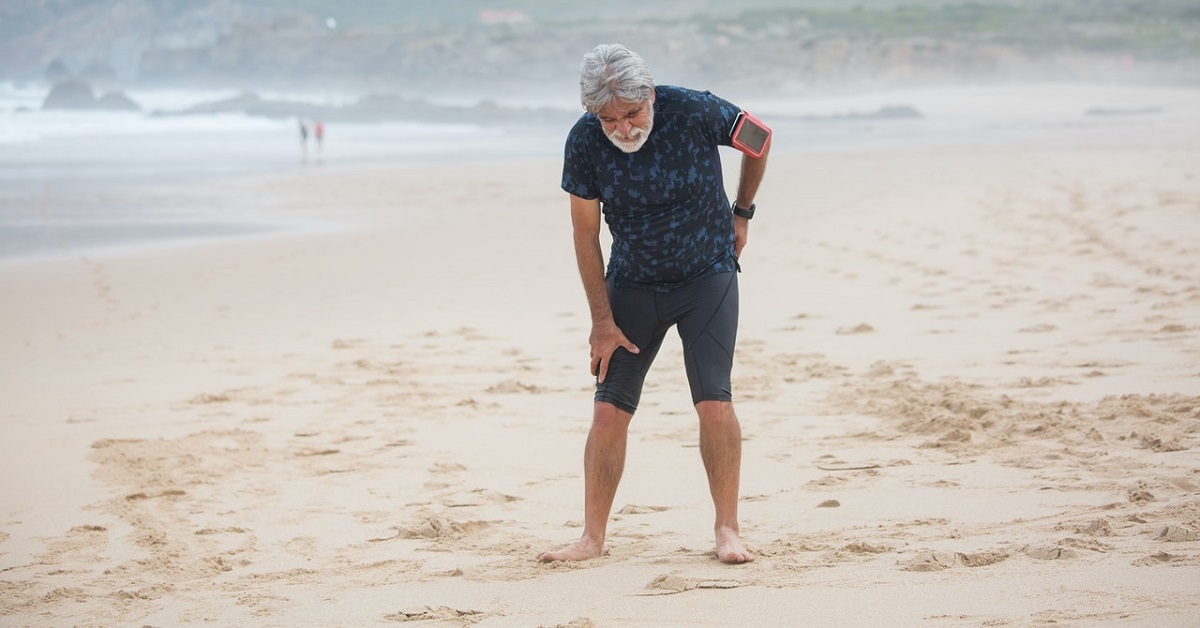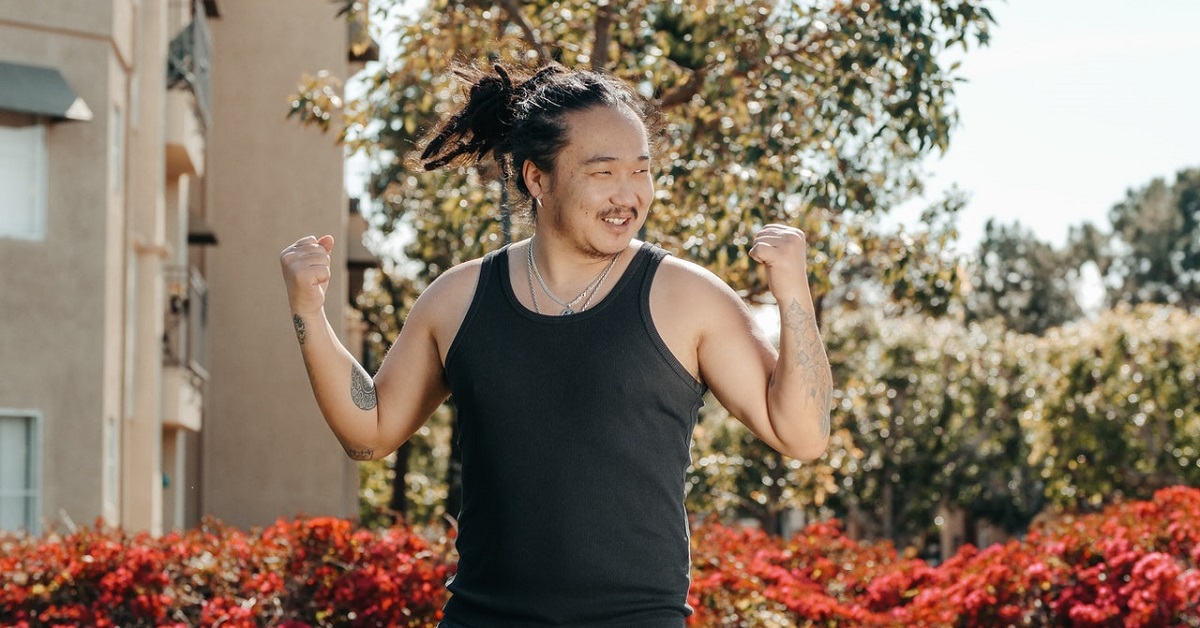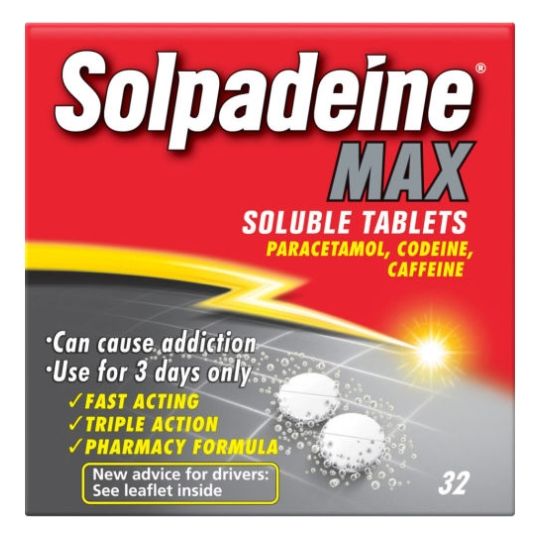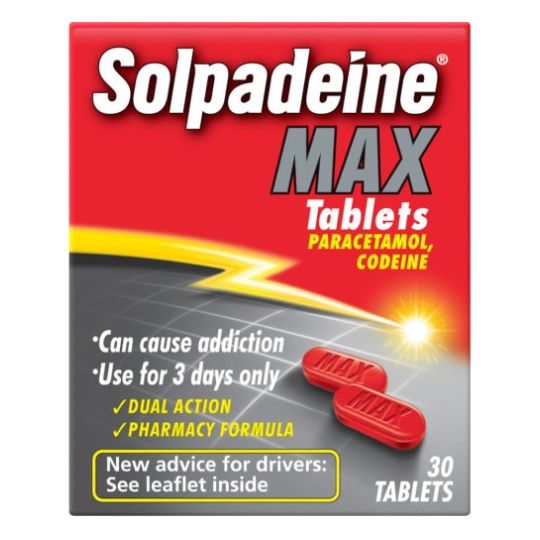Chemist.net Cookie Policy : We use cookies to enhance your user experience. To find out more please view our cookie policy
What's the Fastest Way to Treat Back Pain?

It is very common to experience back pain, which usually goes away within months or weeks. Lumbago (lower back pain) is particularly common, but it can also occur anywhere along your spine, from the neck down to the hips. Most often, the pain isn't due to anything serious, and it will go away with time. Continue reading to find out how to treat back pain.
You can help relieve back pain by doing a few things. In some cases, however, the pain can come back or last for an extended period of time.
What causes back pain?
It is often impossible to determine the cause of back pain. That is why doctors usually call the condition non-specific back pain.
The pain can sometimes be related to injuries such as sprains and strains, but it can also occur without apparent cause. It is almost never caused by something serious.
In some cases, back pain can be caused by one of the following medical conditions:
- A slipped (prolapsed) disc – a cartilage disc in the spine presses on a close nerve.
- Sciatica – a nerve that runs to the feet from the pelvis becomes irritated.
They can cause additional symptoms like weakness, numbness, or tingling sensations, and their treatment differs from non-specific back pain.

What is the fastest way to relieve and treat back pain?
Below are a few tips that may help minimise your back pain and quicken your recovery:
- Stay active as much as possible and continue with your daily routine - this is the best thing you can do. Long periods of rest are likely to worsen your pain.
- Try stretches and exercises for back pain. You may also try other activities like yoga, walking, and swimming.
- You can try anti-inflammatory painkillers, like ibuprofen. Remember to confirm if the medicine is suitable for you and talk with your pharmacist if you are not sure.
- For short-term relief, you can use cold or hot compression packs. You can purchase these from your pharmacy.
Even though back pain can go away on its own, it's always a good idea to seek medical advice if the pain:
- Doesn’t begin to subside within some weeks
- Prevents you from going about your normal activities
- Worsens or becomes very severe
- Causes you to become worried or you struggle to cope with it
During a pharmacy or GP visit, you will discuss your symptoms, have your back examined and consider possible treatments. If need be, they will refer you to a specialist for further assessment.

When to see a medical practitioner immediately to treat back pain
It’s important to see your pharmacist as soon as possible if you experience back pain and:
- Tingling or numbness around your buttocks or genitals
- Difficulty peeing
- A high temperature
- Loss of bowel or bladder control – pooing or peeing yourself
- Chest pain
- Unintentional weight loss
- The pain worsens when coughing, sneezing or pooing
- A deformity or swelling in your back
- It doesn’t get better after resting or worsens at night
- It begun following a serious accident, like after a car accident
- The pain is so serious that you find it hard to sleep
These issues could signal something more serious that needs to be urgently checked by a medical officer.
Shop online today for the best back pain-relieving products.
Solpadeine Max Soluble Tablets 32s

Solpadeine Max Tablets 30s

This blog post was written on behalf of Chemist.net by Pharmacy Mentor.